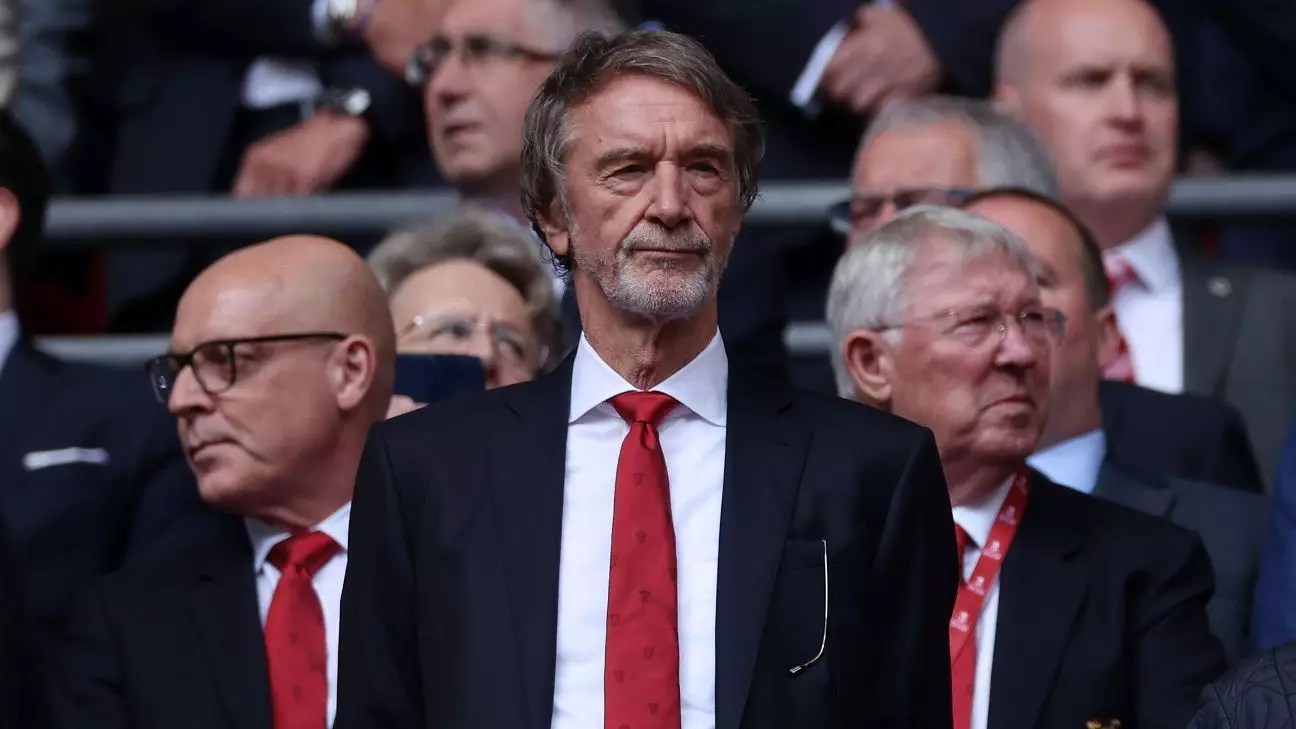Recently, UEFA’s Club Financial Control Body (CFCB) announced that both Manchester City and Manchester United have been given the green light to participate in European competition next season. This decision came after concerns were raised regarding conflicts with UEFA’s multi-club ownership rules. The involvement of Girona and Nice, who are both under the ownership of City Football Group and INEOS respectively, added complexity to the situation.
To address the potential conflict, significant changes were made at the board level of all the concerned clubs. Shares in Girona and Nice were transferred to independent trustees through a blind trust structure established under the supervision of the CFCB. This measure is set to be in place only for the 2024-25 season, after which the shares will revert back to the City Football Group and INEOS.
Despite the clearance to participate in European competitions, there have been restrictions imposed on transfer activities involving the clubs under the same ownership. For instance, Manchester United faced obstacles in signing players, with UEFA blocking their attempts to acquire Nice defender Jean-Clair Todibo. This limitation has raised concerns about fair play and the impact on the players’ careers.
Future Signings and Transfers
On the other hand, Manchester City is expected to make a move for Sávio this summer, a winger who was on loan at Girona last season. The deal is expected to be finalized with the parent club Troyes, as they have not qualified for the Champions League. This indicates that despite the challenges posed by UEFA’s regulations, clubs are still actively pursuing new signings and transfers to strengthen their squads.
The clearance of Manchester City and Manchester United for European competition demonstrates the importance of adhering to UEFA’s rules and regulations regarding multi-club ownership. The changes in ownership, governance, and financial structures implemented by the clubs have paved the way for their participation in continental competitions. However, the restrictions on transfers highlight the ongoing challenges faced by clubs under the same ownership. As the football landscape continues to evolve, clubs must navigate these regulations carefully to ensure fair play and transparency in the sport.


Leave a Reply